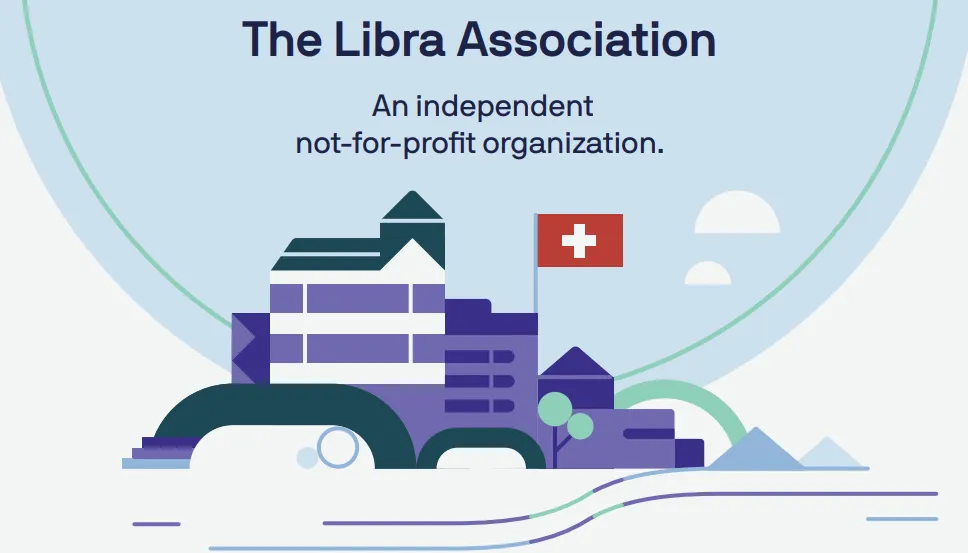
Twenty-one organizations have officially signed up for the Libra Association. At a Monday meeting in Geneva the association also named its board of directors and formalized the consortium's executive team. Libra announced this on Monday. All this happened right after major companies like Booking Holding Inc., Visa, Mastercard, Ebay, Paypal and Stripe had a change of heart and decided not to join the association.
Even though the Switzerland-based association is a non-profit without any governing body above it, Facebook still has a big say. Calibra CEO and former Facebook blockchain lead developer David Marcus is part of the board. Other board members are Katie Haun (Andreessen Horowitz), Wences Cesares (Xapo), Patrick Ellis (PayU) and Matthew Davie (Kiva).
The Libra Association now officially consists out of 21 companies. The board of directors represents these board members of the association. The board needs a two-third vote to have another company join the association. According to the Libra Association at least 1500 entities have interest in joining the project.
The board is currently formed by: Calibra, Coinbase, Xapo, Anchorage, Bison Trails, Creative Destruction Lab, Andreessen Horowitz, Thrive Capital, Ribbit Capital, Union Square Ventures, Breakthrough Initiatives, Illiad, Vodafone, Farfetch, Uber, Lyft, Kiva, Mercy Corps, Women’s World Banking, Spotify and PayU.
Libra has just begun
Mark Zuckerberg announced Libra this summer. The association has a bold vision to introduce a dollar-pegged stablecoin that can be used by unbanked individuals worldwide. In its original vision a consortium of 100 companies would oversee the token's governance.
Libra is backed by actual money. This was specified as follows: U.S. dollar (50%), the euro (18%), yen (14%), British pound (11%) and the Singapore dollar (7%). As a result the Libra token would always maintain its value against the US dollar.
The announcement of Libra immediately gave shivers to regulators and governments worldwide. They argued that Libra would enable criminal activity, and that the digital currency would damage the sovereignty of national governments. Germany and France even want to ban the currency. However, the concept of a national digital currency also sparked an idea at many central banks.
Switzerland already announced a digital currency. In addition China is already ahead of the game as they plan to launch a digital yuan in the coming six months. In addition Europe is talking about a digital euro as well.
ING Bank believes that all central banks will have a digital currency within the next 3 years. This could give Libra an edge over these national currencies. However, recent developments suggest that Facebook's Libra project won't release in early 2020.
Posted from my blog: https://www.nederob.nl/2019/10/15/libra-association-officially-established/
